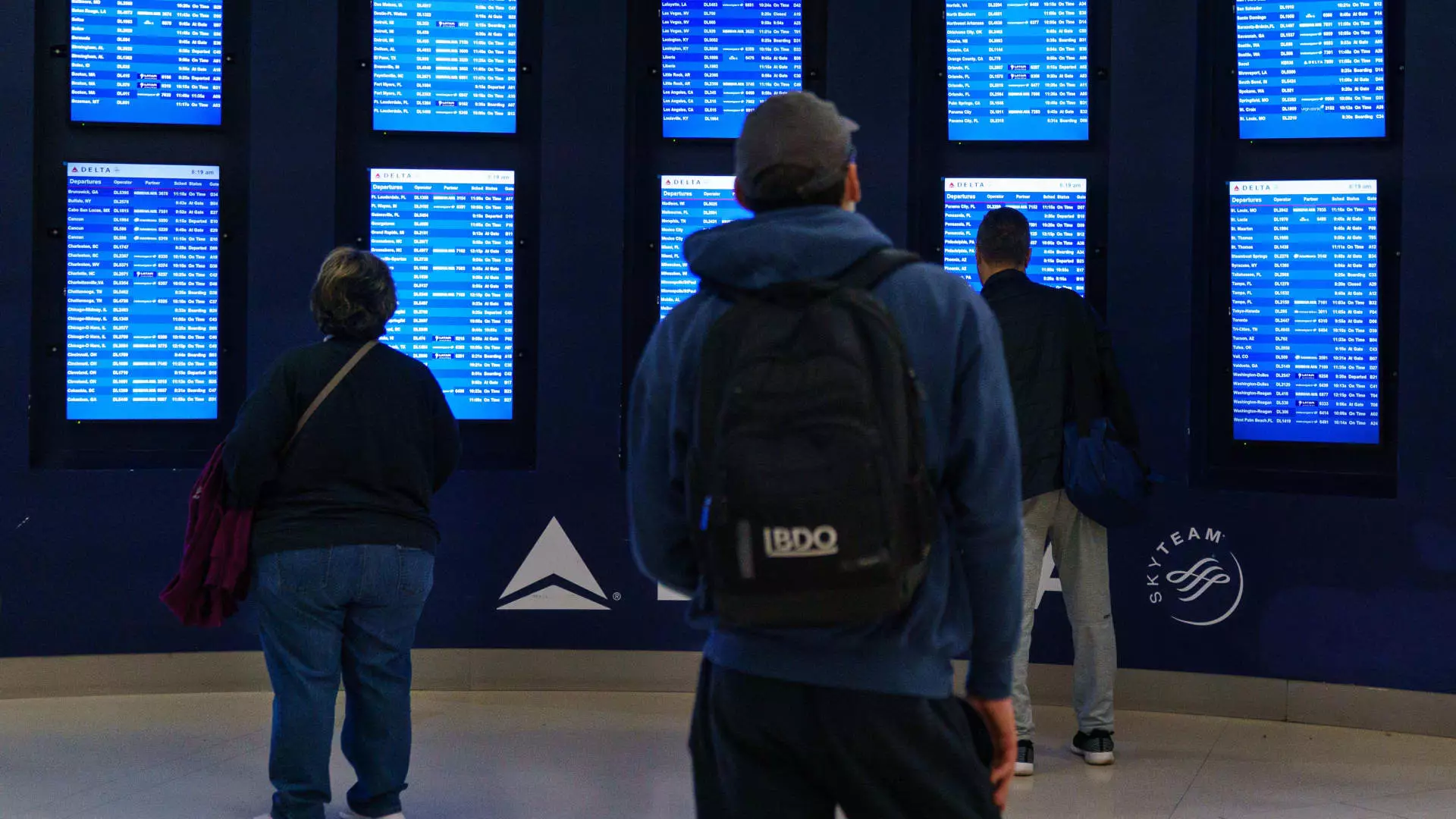The aviation industry is witnessing a remarkable resurgence in demand for air travel in 2024, primarily driven by a significant increase in international journeys. According to the International Air Transport Association (IATA), global revenue-passenger miles—a critical indicator of travel demand—rose nearly 11% compared to the previous year from January through October. This rebound showcases the pent-up desire for travel following the pandemic’s constraints and signals a robust comeback for the sector.
Looking ahead, IATA projects that the number of aircraft departures will reach an impressive 40 million in 2025, marking a 4.6% increase from 2024. This optimistic forecast highlights airlines’ aggressive strategies to expand flight options and enhance premium seating availability, particularly for long-haul international flights. Premium seats are a focal point for airlines, as they yield higher revenue and are critical in maintaining profitability in a competitive landscape.
However, this growth trajectory isn’t without its challenges. Several airlines continue to grapple with aircraft shortages and lingering financial instability that often trickles down to operational performance. Despite these hurdles, the majority of passengers have experienced fewer disruptions compared to the acute staffing shortages that plagued the industry post-pandemic. The overall improved reliability of flight schedules has contributed to passenger confidence in returning to air travel.
Recent data compiled by Cirium has shed light on airline punctuality, an essential aspect of customer satisfaction. The ranking demonstrates a clear competitive advantage for airlines that prioritize timely departures and arrivals. Delta Air Lines emerged as the most punctual airline in North America, achieving an impressive score of 83.46%. Notably, this accomplishment comes despite the company’s earlier operational setbacks from a significant IT outage that disrupted thousands of flights.
A comprehensive ranking also highlighted other commendable carriers, including Aeromexico and Saudia Airlines, who led the charge with on-time arrival rates of 86.7% and 86.35% respectively. These efficiency metrics reflect a commitment to customer satisfaction through improved operational practices. Airlines such as LATAM and Qatar Airways also made the list, underscoring the global push towards better performance and reliability in air travel.
While Delta leads the North American rankings, the competitive landscape remains fierce with airlines constantly vying for operational excellence. The commitment to reduce delays and improve the travel experience encompasses a broader industry-wide trend that resonates with customer expectations. Furthermore, this competitive pressure fuels advancements in technology, customer service, and network optimization, pushing airlines to innovate and enhance their offerings continually.
As 2024 progresses, the air travel industry is witnessing a revitalization marked by increasing demand, improved operational reliability, and an ongoing commitment to customer satisfaction. With projections indicating further growth in the years to come, it is essential for airlines to navigate their operational challenges effectively while capitalizing on the renewed enthusiasm for air travel across the globe.


Leave a Reply